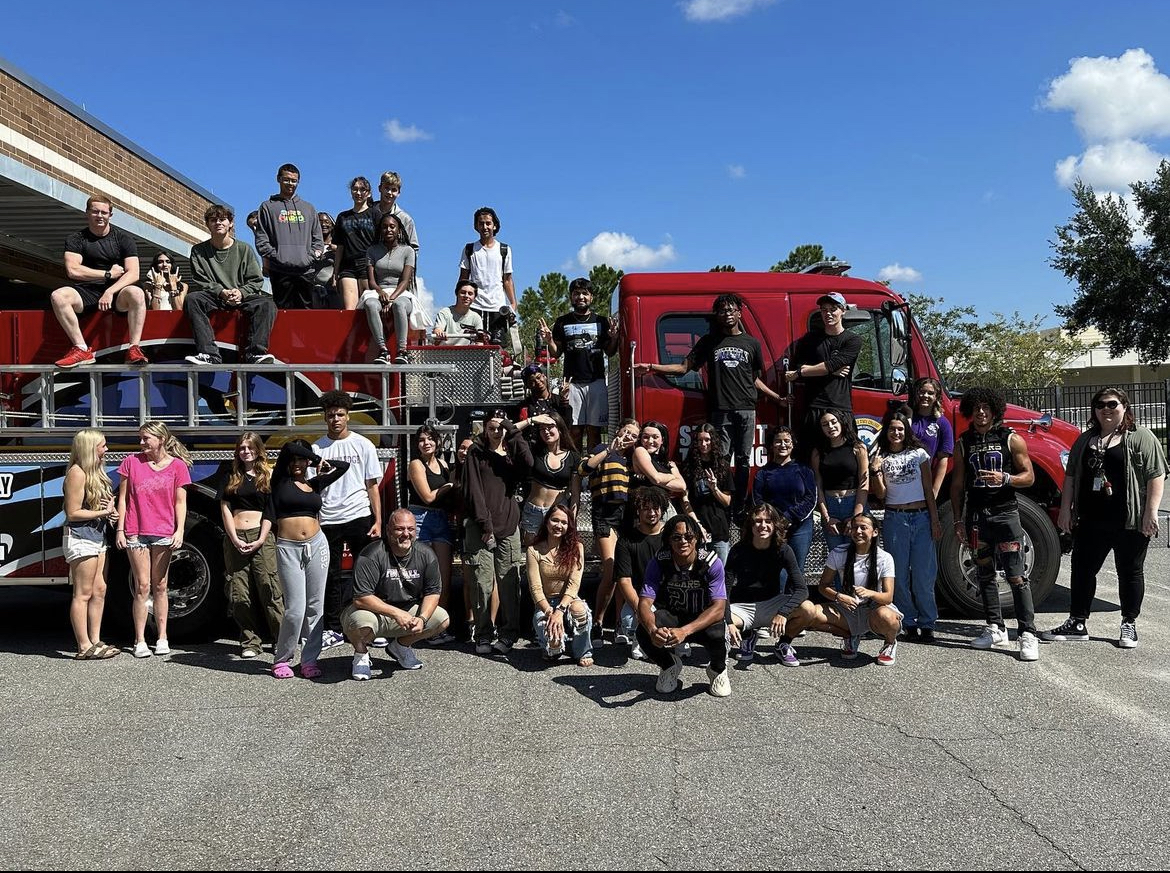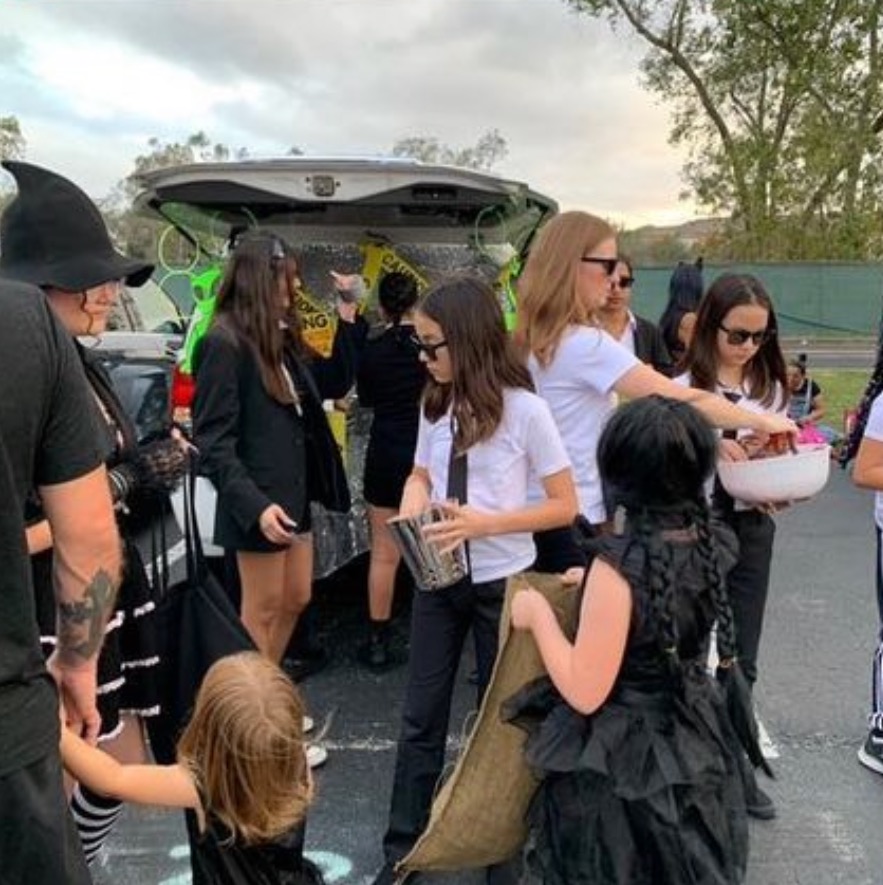ASL Deaf History Month
May 4, 2022
Every year, National Deaf History Month is celebrated from March 13 to April 15. Not to be confused with Deaf Awareness Month and International Week of the Deaf which both take place in September, National Deaf History Month honors the accomplishments and pivotal moments in the deaf community’s history. On April 15, 1817, the first public school for the deaf was opened, April 8 of 1864 Gallaudet University, the first University for the deaf and those hard of hearing was founded and on March 13,1988 they hired their first deaf president. Deaf History Month is celebrated at that time every year because of those major milestones.
To learn more about Deaf History Month and ASL as a whole Ms. Canteenwalla, WSHS’s ASL teacher was happy to educate the paper on the topic. She started out as an educational interpreter at Lyman High School She uses the month as an opportunity to teach her students about the struggles deaf people have endured for using ASL and hopes they will spread the knowledge and messages to others as well. Which is actually what their major activity for the month is about. There are students walking around campus with a message attached to their back, they’re bringing light to an issue once experienced in the deaf community. Back in 1880 in efforts to “get rid of” deaf people ASL was banned from schools, Meaning deaf children had no other way to communicate with others. The students are wearing quotes from deaf people describing their experiences “growing up in different settings, schools, backgrounds,” and struggles they were faced with. Canteenwalla came up with this idea and is spending the month showing her students videos of deaf people talking about the adversity they face(d)to spread awareness to the discrimination deaf people faced as they were robbed of speaking their language; the dark history of trying to preserve it throughout those years and most importantly so people could learn the truth about the culture behind the language. Educating her students on the crazy stories of how deaf people were treated is actually one of her favorite parts of the month. Not only is educating others about deaf history important because anyone can go deaf at any time but also because if everyone knew more about each other’s history and struggles we could be more compassionate towards one another. Ms. Canteenwalla says she just wants her students to be kind to everyone no matter the background and believes, “If a deaf history lesson opens someone’s eyes about challenges people from minority groups face, maybe they’ll be more kind to one another.” A goal of hers is to expand the program so that at least 50% of Winter Springs students will be able to learn ASL even if it’s just for a semester. If more are able to learn it’ll be easier to bridge the language gap between the hearing and the deaf so that they are not so disconnected from the rest of the world. Lastly, to finish off with a quote from Ms. Canteenwalla :, “If everyone knew some basic signs so the Deaf community could have equal access to language, what would that do to our world”




















